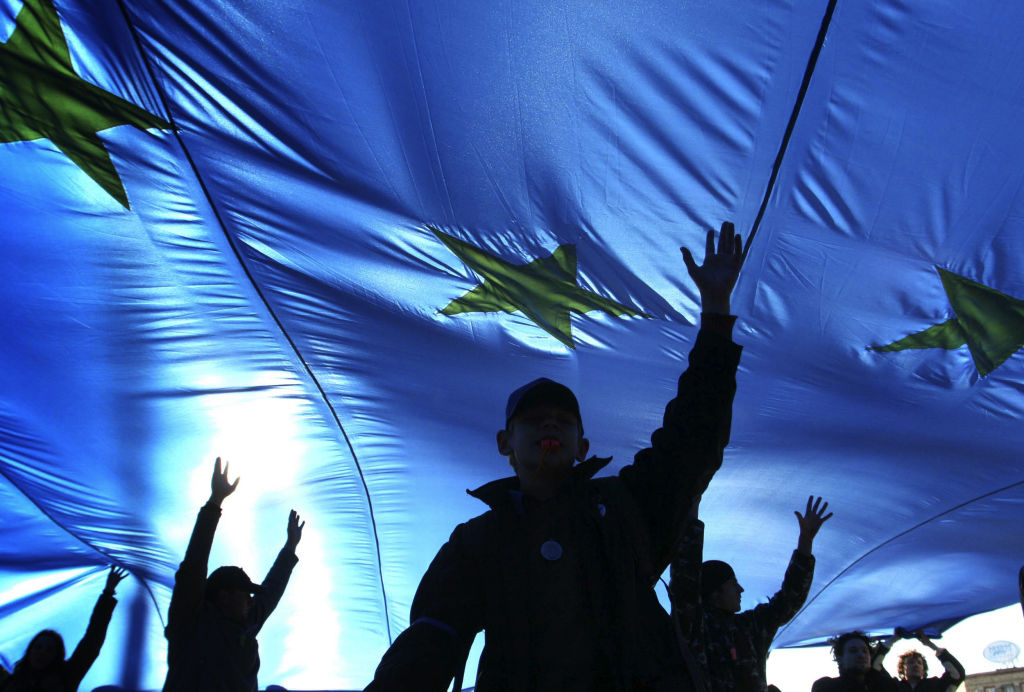On Belarus, the EU has been eager to talk the talk. But it has been slower to walk the walk. Belarus’s sham election – in which the country’s authoritarian leader Alexander Lukashenko won 80 per cent of the vote – was condemned by EU leaders as ‘neither free nor fair’. But Brussels stopped short of explicitly demanding a new election, in spite of pleas from the opposition in Belarus as well as from four central European countries: the Czech Republic, Hungary, Poland and Slovakia.
In refusing to go further and call for a re-election, the EU is struggling with a dilemma faced by other Western countries: what is the best way to deal with authoritarian regimes in the neighbourhood? Is it a good idea to trade with them? Should sanctions be imposed? An extra complication here is that Russia happens to consider Belarus as part of its own sphere of influence. So what can the EU do?
Imposing economic sanctions has been mooted but the history of sanctions is pretty damning.

Get Britain's best politics newsletters
Register to get The Spectator's insight and opinion straight to your inbox. You can then read two free articles each week.
Already a subscriber? Log in







Comments
Join the debate for just $5 for 3 months
Be part of the conversation with other Spectator readers by getting your first three months for $5.
UNLOCK ACCESS Just $5 for 3 monthsAlready a subscriber? Log in